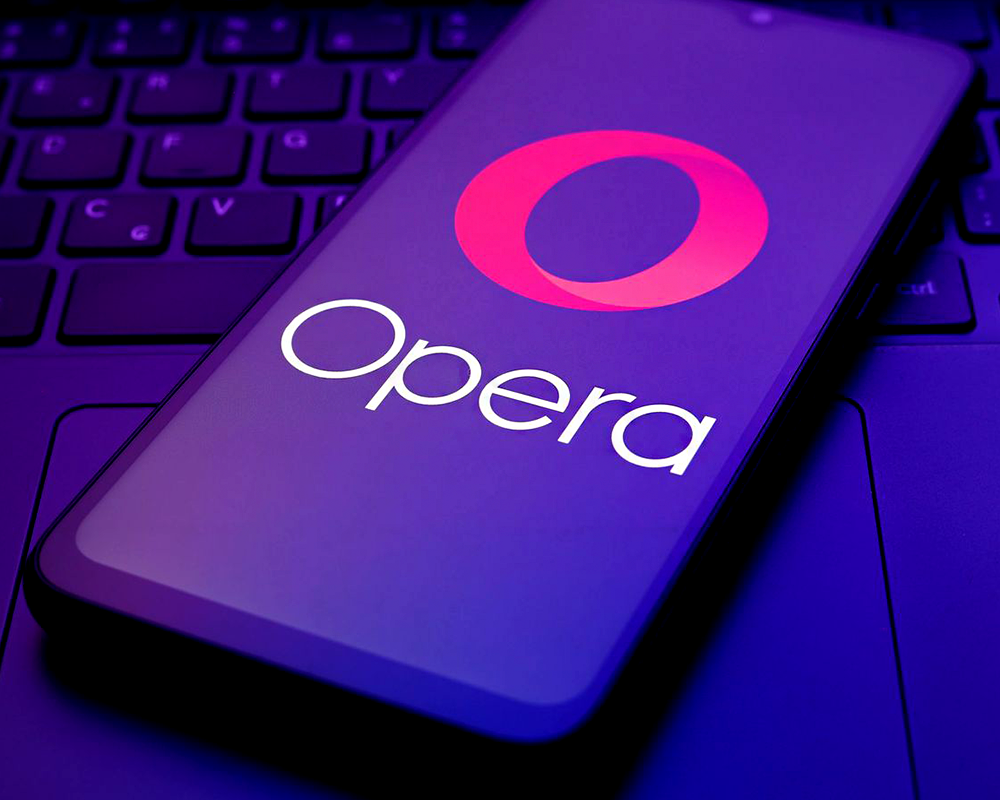June 13, 2025 By: JK Tech
Imagine stepping into a chess tournament mid-game, only to make a move that turns every head. That’s what Opera has done with the launch of Opera Neon, with its bold entrance into the world of AI-powered browsers. Once a quiet name in the corner of the internet café, Opera is now positioning itself alongside industry heavyweights like Google and Microsoft, not just as a browser, but as an intelligent agent. With Neon, it’s no longer just helping you surf the web; it’s offering to steer.
At its core, Opera Neon integrates an AI agent directly into the browser’s interface. It can answer questions, summarize pages, perform multi-step reasoning, and even carry out commands like “book a table for two” or “find me the cheapest flight next weekend.” This isn’t just ChatGPT pasted on top, it’s context-aware, drawing from what you’re reading, watching, or working on. The browser effectively becomes a collaborative partner, anticipating the next steps and reducing the friction between thought and action.
The Sprint to Redefine Browsing
Opera isn’t the only player making moves. Google’s Gemini is being integrated into Chrome to provide in-page help, and OpenAI’s ChatGPT now includes a browsing tool that lets users pull fresh, real-time information into conversations. Microsoft’s Copilot is weaving itself into Edge with similar goals. Each of these platforms is trying to reframe the browser from a passive search window into an intelligent, conversational layer between you and the web. What sets Opera apart is its decision to rebuild the experience around the agent from day one, rather than layering AI over an old framework.
No Longer Just a Vessel, now a Thinking Crew
So, what does this mean for how we browse tomorrow? The role of the browser, which was once a neutral gateway, has now become that of a guide, guiding us not just to destinations, but through decisions. But even the best navigator needs direction. To get the most from this shift, users will need to ask better questions, be more specific about their intent, and learn to collaborate with these digital co-pilots rather than just click around. For instance, instead of typing “best credit cards 2025,” you might ask, “Compare the top three credit cards for international travel with no forex fee and summarize key benefits.” The browser understands your intent and fetches deeper insights. Not just results it doesn’t just show results, it surfaces answers.
Browsing will feel less like searching and more like steering, it’s no longer riding shotgun and those who embrace that mindset will move faster, learn deeper, and act smarter in a web that’s no longer just reactive, but responsive.



